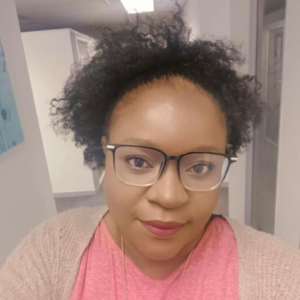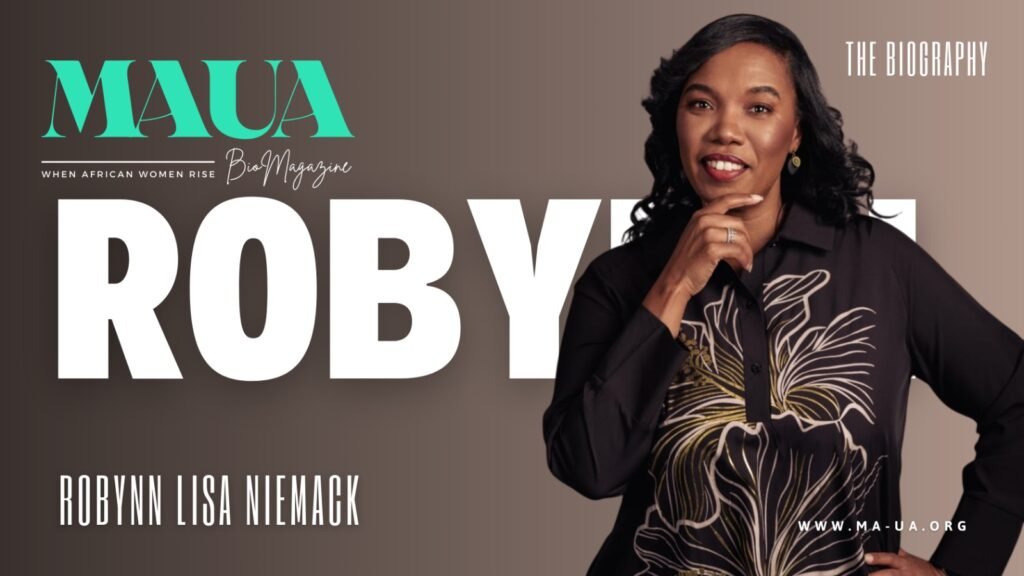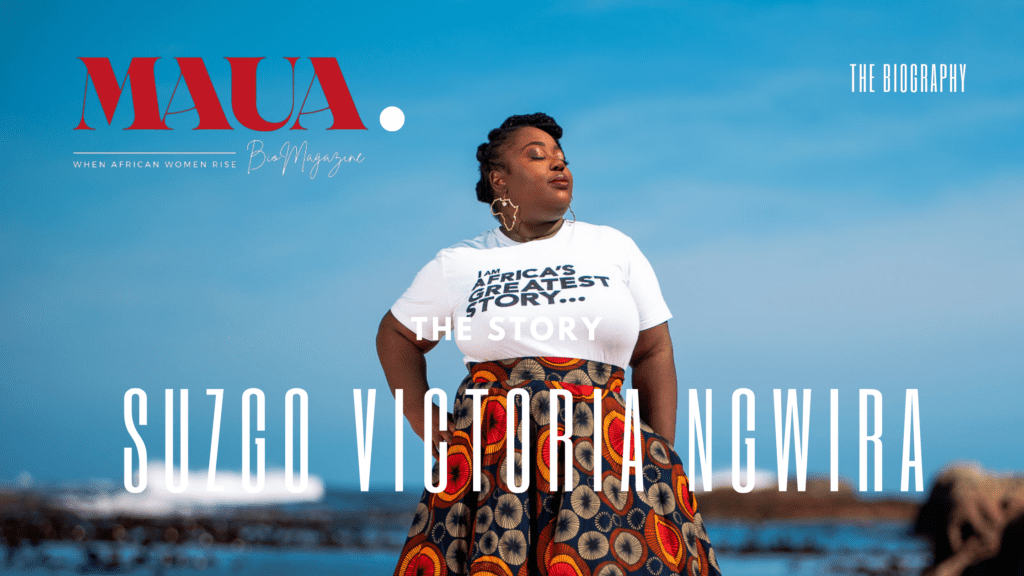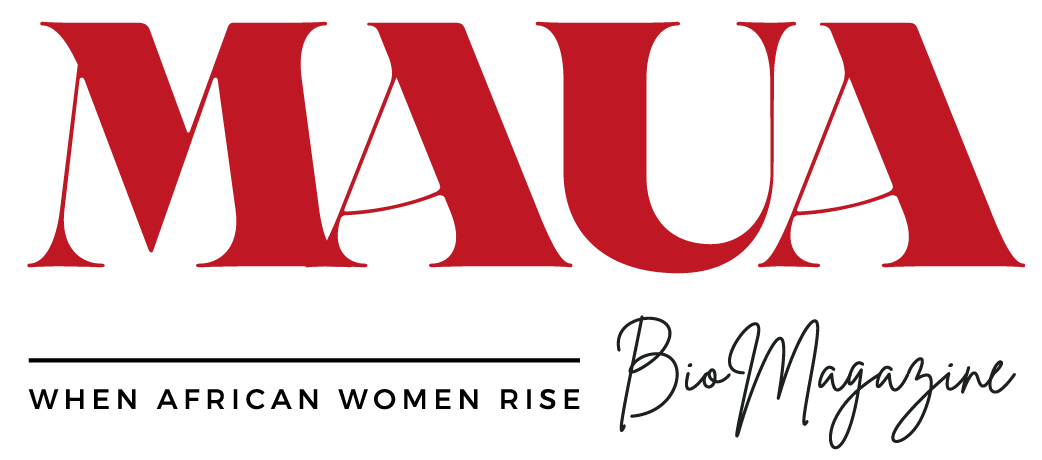ROBYNN NIEMACK RECOUNTS THE GENEROSITY OF GRANNY LILLIAN NIEMACK
I was born on 19th November 1980 in Lusikisiki, which is now part of the Eastern Cape, but back then it was known as the Transkei. At that time, I was blissfully unaware of the racial tensions that gripped much of South Africa. The Transkei was an independent state under Chief Kaiser Daliwonga Matanzima (1976 to 1986) and the Honourable Bantu Holomisa (1987 to 1994), and some of us were spared the emotional and mental turmoil of harsh racial segregation seen elsewhere. In my village, Kwakana, and the wider Lusikisiki area, there was a sense of equality among us all.
Meet the family – the apple didn’t fall far from the tree
My mother was an unmarried social worker who worked for Durban Child Welfare. When she returned to work in Durban, I remained with my grandmother, Lillian Niemack. Granny was the village’s granny, known for her gardening prowess of heart of generosity and peaceful nature. Family stories tell of how she and my late grandfather, who passed away in 1958, would share their harvest with the villagers. This principle of gleaning, where villagers were welcome to collect food, was established long before my grandfather’s death. I grew up helping with the harvest, always aware that a portion would be given to others.
Our family also ran a small shop at home, managed by my mum’s eldest brother, Winston, and my grandmother. This blend of entrepreneurship and social responsibility was a significant part of my upbringing.
One story about my grandfather that resonates deeply with me is his practice of opening his farmlands to correctional services. He engaged with prisoners, allowing them to fulfil their community service by working on the farm. Learning about this made me realise that my inclination towards community service and social responsibility isn’t a recent development; I’m simply continuing a legacy that has been in place for generations.
I often feel more connected to my mother’s side of the family because they raised me, and their influence is profound. My mum’s siblings have led diverse and impactful lives. My aunt Muriel was a renowned nurse in Durban, celebrated for her exceptional care. Some patients wouldn’t undergo surgery unless she was on duty. Then there’s my aunt Iris, a dedicated teacher who began in rural schools in the Eastern and Northern Cape. She had a passion for special needs education and earned her master’s degree in the field. Her thesis was so outstanding that it became a model at the University of Durban-Westville. She even received a scholarship to study in the U.S. and taught in Denmark, becoming the academic beacon of our family. Unmarried and childless, she devoted herself entirely to her family and career.
My mum, on the other hand, was a social worker. As a child, I often accompanied her when she had to remove children from dysfunctional homes to place them in safer environments. This exposure to her work left a lasting impact on me. I remember wanting her to adopt a little boy we encountered, feeling an intense connection with him. Although I am my mother’s only child, on my father’s side, I am the third of seven siblings.
FULL STORY IN BIO-MAGAZINE BELOW








